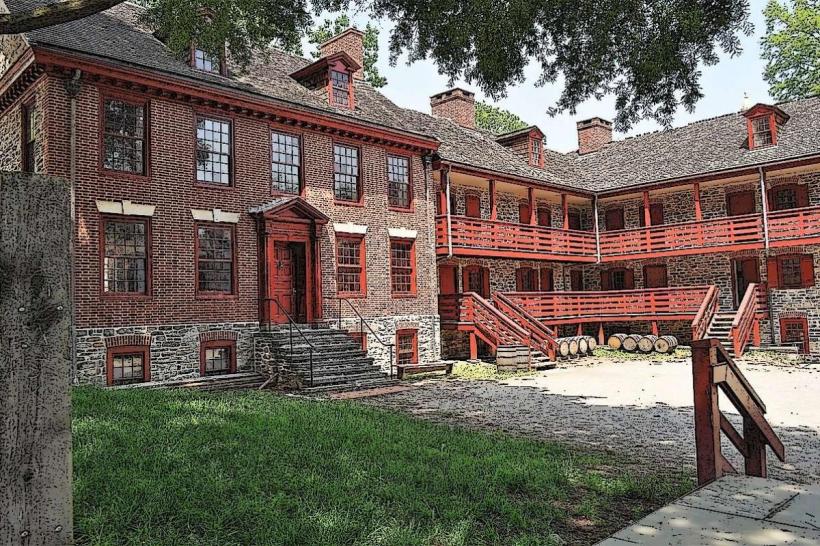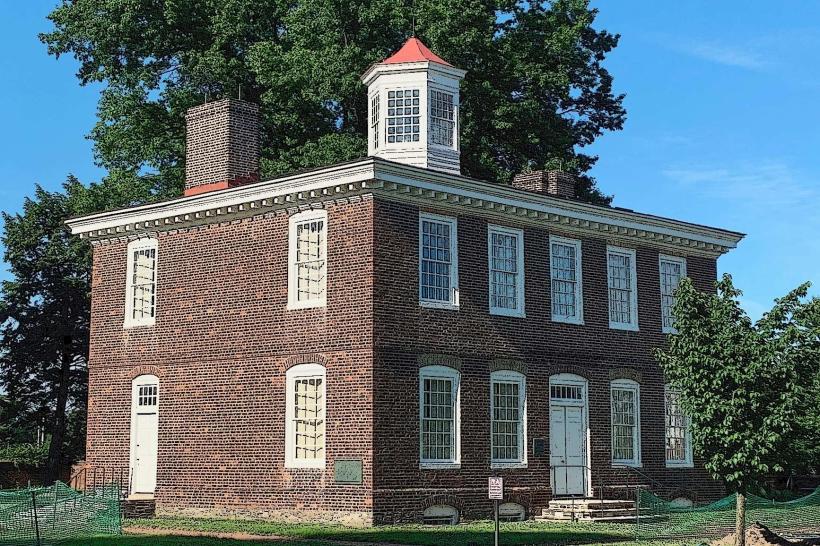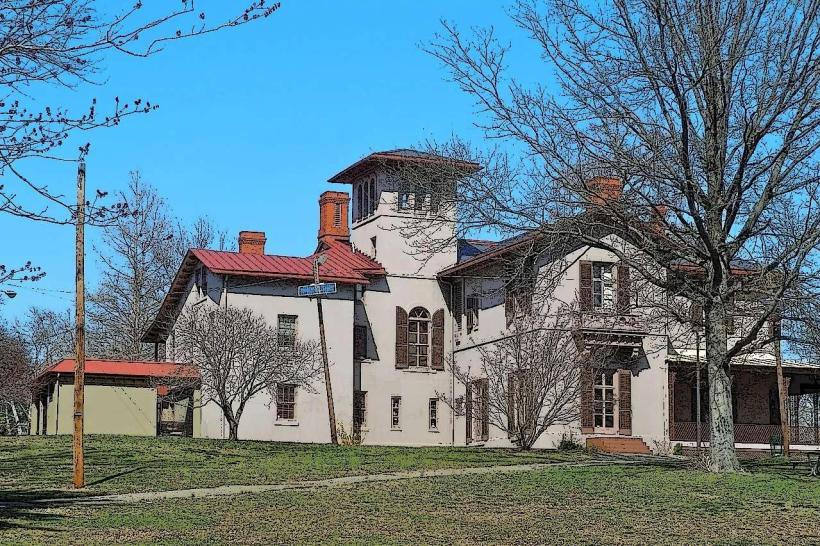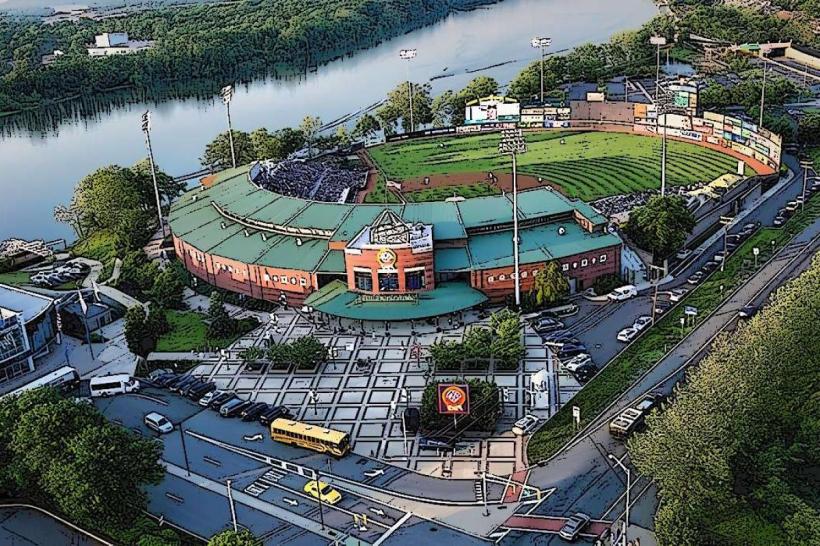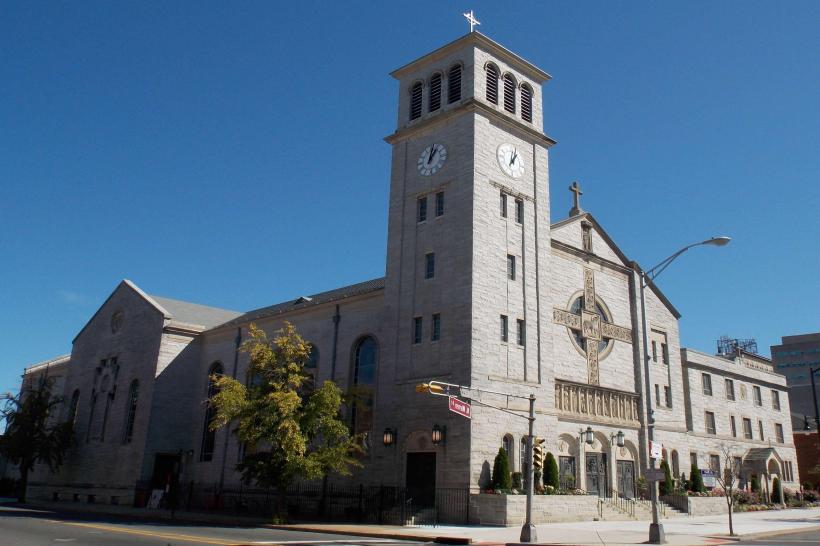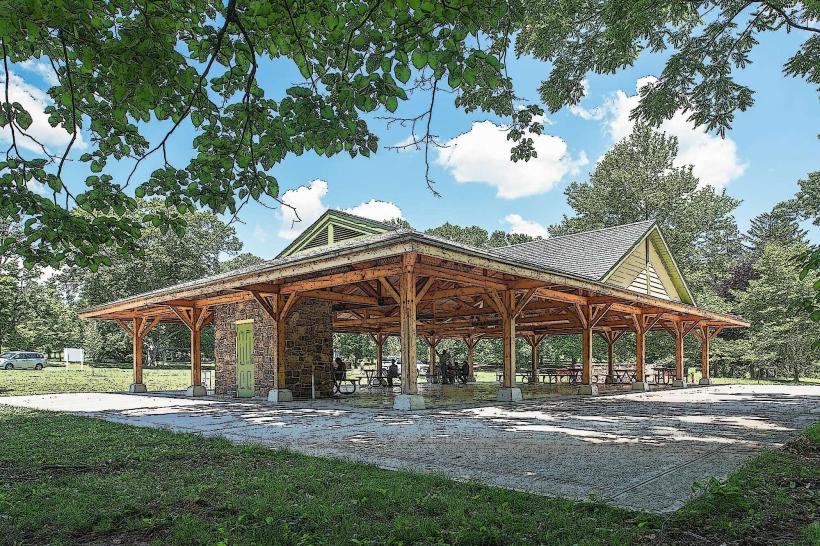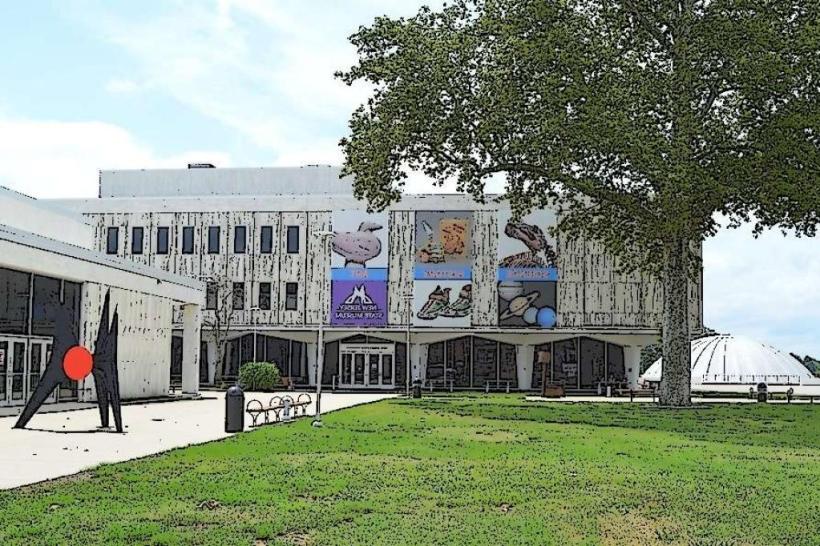Information
Landmark: Delaware and Raritan Canal State ParkCity: Trenton
Country: USA New Jersey
Continent: North America
Delaware and Raritan Canal State Park, Trenton, USA New Jersey, North America
Delaware and Raritan Canal State Park – Detailed Overview
Introduction and Background:
Delaware and Raritan Canal State Park is a uniquely linear state park that stretches for approximately 70 miles across central New Jersey. The park is named after the historic Delaware and Raritan Canal, which it preserves. Established in 1974, this park is both a historical and recreational treasure, running through multiple counties including Mercer, Somerset, Middlesex, and Hunterdon. Its geography connects two major rivers in the region-the Delaware River and the Raritan River-reflecting its original role as a transportation corridor for cargo and commerce in the 19th century.
Historical Significance:
The canal was constructed between 1830 and 1834 during a time when waterways were essential to economic development. It served as a critical commercial link between Philadelphia and New York City by enabling cargo to bypass the lengthy and rough sea route around Cape May. Goods such as coal, lumber, agricultural produce, and textiles were transported using mule-drawn barges along the canal.
Key historic facts include:
The canal system included a 44-mile main canal connecting Bordentown on the Delaware River with New Brunswick on the Raritan River.
A 22-mile feeder canal extended from Bull’s Island near Frenchtown to Trenton, providing water to the main canal.
The canal was fully operational until about 1932, when it was abandoned for commercial use due to the rise of the railroads and trucking.
Many of its original locks, spillways, and towpaths remain intact and visible today.
In 1973, it was added to the National Register of Historic Places and later transformed into a state park.
Recreational Features and Activities:
Today, the park is one of New Jersey’s most popular destinations for outdoor enthusiasts. It is managed to balance historical preservation with recreational accessibility.
1. Trails and Biking:
Over 70 miles of multi-use trails follow the canal's route.
The canal towpath offers a level, shaded path ideal for biking, jogging, and hiking.
The trails connect towns like New Brunswick, Princeton, Kingston, Griggstown, and Trenton, passing through forests, wetlands, and preserved farmlands.
The feeder canal route along the Delaware River is especially scenic, offering river views and opportunities to explore quaint river towns like Lambertville and Stockton.
2. Canoeing and Kayaking:
Paddling is allowed in both the main and feeder canals.
Boats are restricted to non-motorized or electric-powered vessels.
Canoe and kayak rentals are available seasonally at points like Griggstown and Princeton Canoe Rental.
The narrow width and calm current of the canal make it an ideal waterway for family-friendly paddling.
3. Fishing:
Fishing is permitted along most parts of the canal.
The water supports species such as largemouth bass, pickerel, catfish, carp, perch, and sunfish.
Certain stretches are stocked with trout during the spring season by the NJ Division of Fish & Wildlife.
Anglers must follow state regulations and have the appropriate fishing license.
4. Picnicking and Birding:
Numerous picnic tables and rest areas are found along the canal, particularly at access points like Six Mile Run, Kingston, and Blackwells Mills.
The park is a hotspot for birdwatching, with over 160 bird species recorded, including warblers, woodpeckers, hawks, and egrets.
Wildlife is abundant, and the park serves as an important migratory corridor for various species.
Natural Environment and Ecology:
The Delaware and Raritan Canal State Park is more than just a preserved canal route-it’s also a protected natural habitat:
The Bulls Island Natural Area features a preserved floodplain forest with large sycamores, ostrich ferns, and tulip poplars.
The park traverses wetlands, forests, and meadows, offering important ecological services like water filtration and habitat protection.
It plays a vital role in flood mitigation and aquifer recharge for surrounding communities.
Along the feeder canal, visitors can also enjoy views of the Delaware River, seasonal wildflowers, and chances to spot deer, foxes, turtles, and amphibians.
Historical Sites Within the Park:
Many original features of the 19th-century canal still exist:
Lock houses, stone-arch culverts, spillways, and aqueducts remain preserved.
The Kingston Lock area includes a small visitor center and restored lock tender’s house.
Interpretive signage along the trail explains how the canal functioned and its impact on industrial and agricultural development.
Visitor Amenities and Practical Information:
The park is free to enter and is open from sunrise to sunset year-round.
There are designated parking lots, portable toilets, and information kiosks at major trailheads.
There is no overnight camping allowed within the park.
Alcohol, open fires, and swimming are prohibited.
Dogs are welcome but must be kept on a leash.
The trail is mostly gravel and compact dirt, making it accessible for strollers and wheelchairs in some areas.
Nearby Attractions and Connectivity:
The canal trail links with the East Coast Greenway, Delaware and Lehigh National Heritage Corridor, and Circuit Trails network.
Visitors often combine a park visit with stops in Princeton, Lambertville, New Hope (PA), and New Brunswick, all of which offer food, culture, and historic downtowns.
In autumn, the park is especially beautiful, with vibrant fall foliage along the canal banks drawing leaf-peepers and photographers.
Conclusion:
Delaware and Raritan Canal State Park is a multifaceted destination where history, recreation, and nature converge. Its flat terrain, diverse landscapes, and historic charm make it accessible and enjoyable for people of all ages and interests. Whether you're exploring the lock systems on foot, paddling quietly through its waters, cycling along the old towpath, or simply enjoying a peaceful picnic under the shade of centuries-old trees, the park offers an immersive experience of New Jersey's natural and historical heritage.


